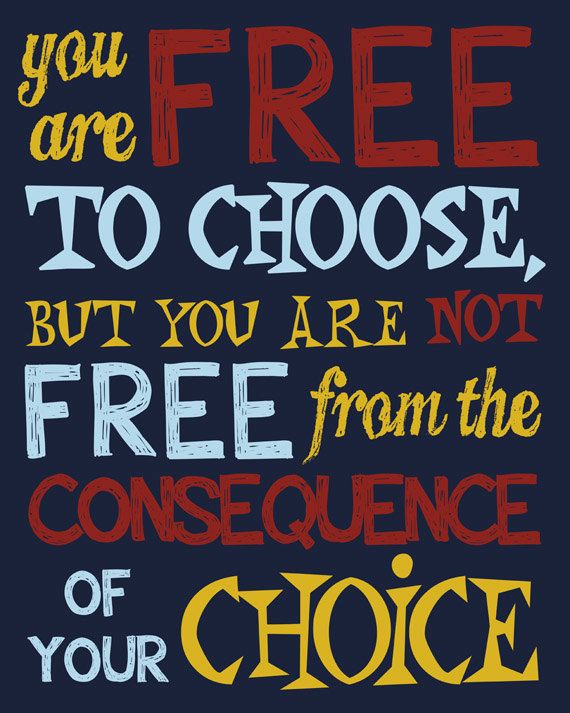Karma: Your Actions Have Consequences Quotes
Have you ever wondered why the universe seems to reward or punish us based on our actions? The concept of karma is deeply rooted in many cultures and philosophies, serving as a powerful reminder that every action we take has consequences. "Karma: Your Actions Have Consequences Quotes" encapsulates this idea beautifully, offering wisdom and insight into the interconnectedness of our choices and their outcomes.
Exploring quotes about karma allows us to reflect on how our behavior shapes our destiny. These words of wisdom from philosophers, spiritual leaders, and even modern thinkers emphasize the importance of living a life filled with integrity, compassion, and accountability. As we delve into the essence of karma, we'll uncover timeless truths that can guide us toward a more meaningful existence.
This article will take you on a journey through the concept of karma, its origins, and its relevance in today's world. We'll explore powerful quotes that highlight the importance of understanding the consequences of our actions, while also providing practical insights for personal growth and self-awareness. Let's dive in and discover how these profound words can transform our lives.
Read also:Did Hitler Have Children Unveiling The Truth Behind The Myth
Understanding the Concept of Karma
Karma is a Sanskrit word that translates to "action" or "deed." In its simplest form, it refers to the universal law of cause and effect, where every action we take generates a corresponding reaction. This principle is central to many Eastern philosophies, including Hinduism, Buddhism, and Jainism. Over time, the concept of karma has transcended cultural boundaries, influencing Western thought and becoming a universal symbol of accountability and responsibility.
Origins of Karma in Ancient Texts
The idea of karma first appeared in ancient Indian texts, such as the Rigveda and the Upanishads. These sacred writings laid the foundation for the belief that one's actions in this life determine their fate in future incarnations. The Bhagavad Gita, for example, teaches that performing one's duties selflessly and with detachment can lead to liberation from the cycle of birth and death.
Here are some key points about the origins of karma:
- Karma originated in ancient Indian spiritual traditions.
- It was later adopted by other religions and philosophies.
- Key texts like the Upanishads and the Bhagavad Gita emphasize the importance of righteous actions.
Quotes About Karma: A Path to Reflection
Throughout history, many influential figures have shared their thoughts on karma, encouraging others to live with intention and awareness. These quotes serve as reminders that our actions shape not only our own lives but also the lives of those around us. By reflecting on these words, we can gain a deeper understanding of the consequences of our choices.
Famous Karma Quotes
Here are some of the most impactful quotes about karma:
- "For every event that occurs, an equal and opposite event will occur." — Isaac Newton (adapted for karma)
- "What goes around comes around." — Popular saying
- "A person who causes injury to others only harms themselves, like one who throws dust against the wind." — Buddha
How Karma Works: The Science Behind It
While karma is often associated with spirituality, it also has parallels in the scientific world. The law of cause and effect, a fundamental principle in physics, mirrors the concept of karma. Just as every action in the physical world creates a reaction, our actions in the moral and ethical realms also produce consequences.
Read also:When Was Biden Born A Comprehensive Look At The 46th Us Presidents Early Life And Legacy
Psychological Aspects of Karma
Psychologists have long studied the impact of beliefs like karma on human behavior. Research shows that people who believe in karma tend to act more responsibly and ethically, as they understand that their actions will eventually affect them. This awareness fosters a sense of accountability and encourages individuals to make positive choices.
Why Your Actions Have Consequences
Understanding why our actions have consequences is essential for personal growth and development. When we recognize the impact of our behavior, we become more mindful and intentional in our decision-making. This awareness can lead to improved relationships, greater success, and a more fulfilling life.
Key Reasons Behind the Law of Karma
- Actions shape our character and destiny.
- Consequences teach us valuable lessons.
- Responsibility promotes ethical behavior.
Practical Applications of Karma in Daily Life
While the concept of karma may seem abstract, it can be applied in practical ways to enhance our daily lives. By embracing the principles of karma, we can cultivate positive habits, improve our relationships, and contribute to a better world.
Ways to Practice Karma in Everyday Life
- Practice kindness and empathy toward others.
- Take responsibility for your actions and their outcomes.
- Engage in self-reflection to identify areas for improvement.
Modern Interpretations of Karma
In today's fast-paced world, the concept of karma continues to resonate with people from all walks of life. Modern thinkers have reinterpreted this ancient principle to address contemporary issues, such as environmental sustainability, social justice, and mental health. By applying the principles of karma to these areas, we can create positive change and build a better future for everyone.
Connecting Karma to Global Challenges
Here are some examples of how karma can be applied to modern challenges:
- Environmental conservation: Recognizing the impact of our actions on the planet.
- Social justice: Advocating for fairness and equality in society.
- Mental health: Promoting self-awareness and emotional well-being.
The Role of Quotes in Spreading Awareness
Quotes about karma play an important role in spreading awareness and inspiring positive change. These powerful words can motivate individuals to reflect on their actions and strive for personal growth. By sharing these quotes with others, we can create a ripple effect of positivity and transformation.
Powerful Quotes to Share
Here are some inspiring quotes to share with others:
- "The best way to find yourself is to lose yourself in the service of others." — Mahatma Gandhi
- "Do good, reap good; do evil, reap evil." — Chinese Proverb
- "You will not be punished for your anger, you will be punished by your anger." — Buddha
Building a Karma-Driven Life
Creating a life guided by the principles of karma requires commitment, self-discipline, and a willingness to learn from our experiences. By embracing the idea that our actions have consequences, we can cultivate a mindset that prioritizes positivity, compassion, and responsibility.
Tips for Living a Karma-Driven Life
- Focus on positive actions and intentions.
- Learn from past mistakes and use them as opportunities for growth.
- Surround yourself with like-minded individuals who share your values.
Conclusion: Embrace the Power of Karma
As we've explored in this article, the concept of karma offers profound insights into the nature of our actions and their consequences. By reflecting on quotes about karma and applying their lessons to our daily lives, we can create a more meaningful and fulfilling existence. Remember, every action we take has the potential to shape our future, so choose wisely and act with intention.
We invite you to share your thoughts and experiences in the comments below. How has the concept of karma influenced your life? Are there any quotes or ideas that have resonated with you? Don't forget to explore other articles on our site for more inspiration and guidance on living a purposeful life.
Table of Contents
- Understanding the Concept of Karma
- Quotes About Karma: A Path to Reflection
- How Karma Works: The Science Behind It
- Why Your Actions Have Consequences
- Practical Applications of Karma in Daily Life
- Modern Interpretations of Karma
- The Role of Quotes in Spreading Awareness
- Building a Karma-Driven Life
- Conclusion: Embrace the Power of Karma
References:
- The Bhagavad Gita
- The Upanishads
- Psychology Today
- Harvard Business Review


